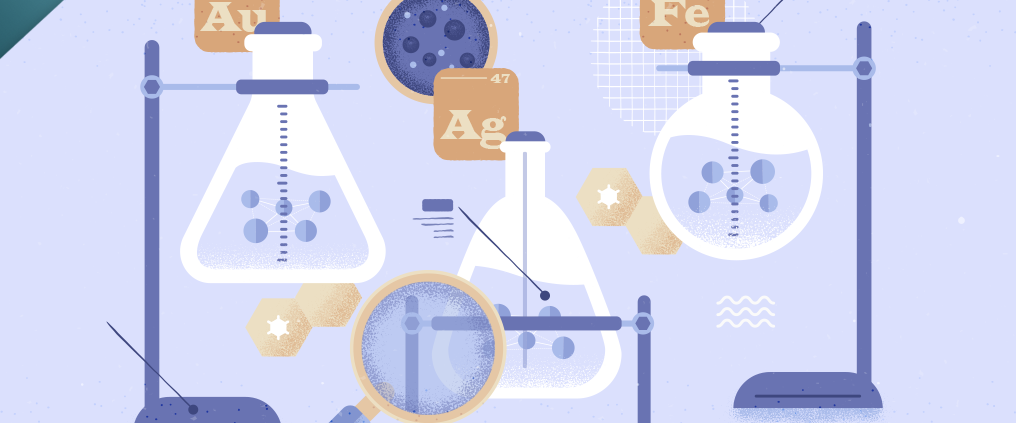

The Experimental Research Approach
Learning Objectives
Upon completion of this comprehensive and engaging course, you will be able to:
- Define causation and why it is important in the context of the experimental research approach
- Explain the difference between an experimental condition vs. a control condition in experimental designs
- Follow 5 key guidelines for constructing an independent variable
- Follow 4 key guidelines for constructing a dependent variable
- Differentiate between within-participants vs. between-participants variables
- Compare and contrast the 4 main methods of randomization
- Compare and contrast the 6 main methods of matching
- Compare and contrast the 5 main methods of control
- Reduce the risk of participant and experimenter recording, attribute, and expectancy errors
Instructor

Sarah M. Coyne, PhD is Mary Lou Fulton Professor of Human Development in the School of Family Life at Brigham Young University. She received her BSc in Psychology from Utah State University and her PhD in Psychology from the University of Central Lancashire. Dr. Coyne is a popular speaker at both national as well as international conferences and has over 100 peer-reviewed publications on topics including media, aggression, gender, and child development. Dr. Coyne currently serves as an Editorial Board Member for Psychology of Popular Media Culture as well as Developmental Psychology, and she is former Associate Editor of Aggressive Behavior. Her research has been supported by grants from leading funding bodies such as the National Institutes of Health (NIH), the National Institute of Child Health and Human Development (NICHD), and the Economic and Social Research Council (ESRC).

